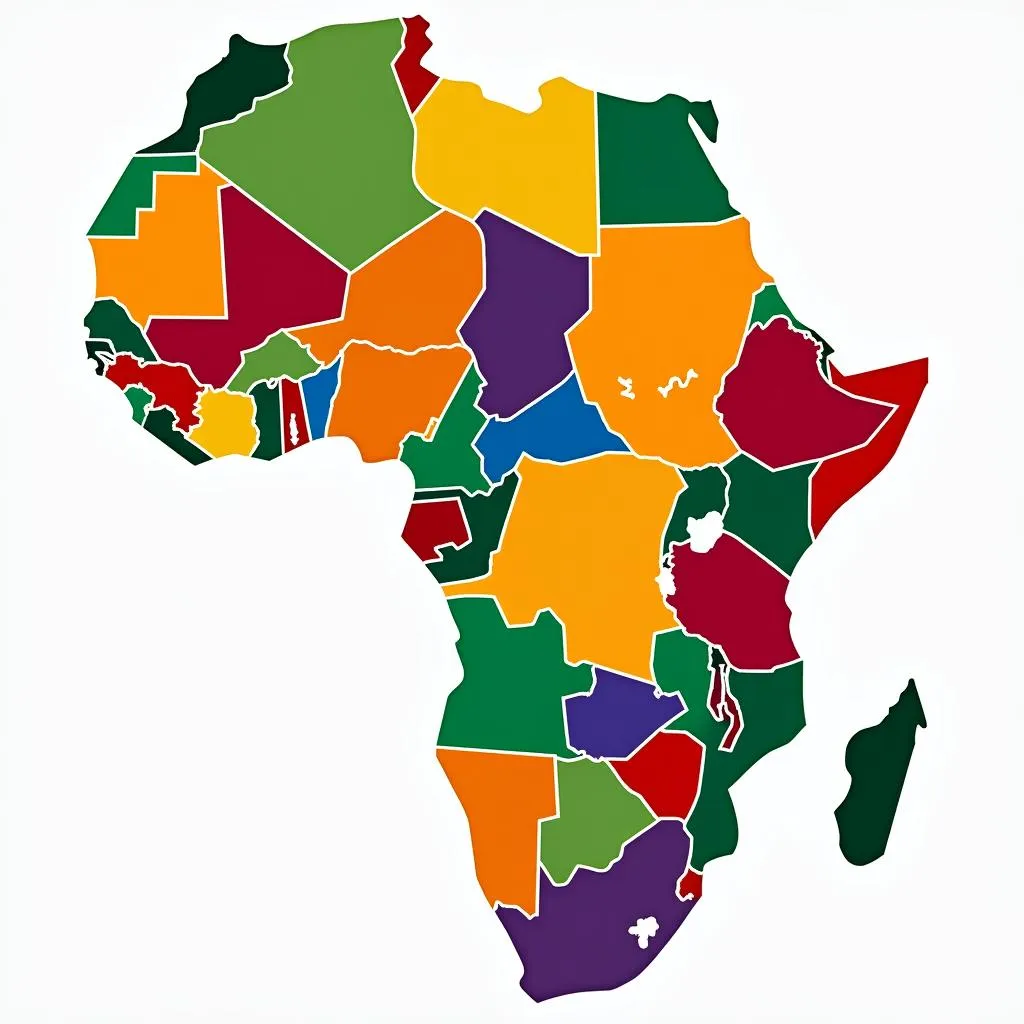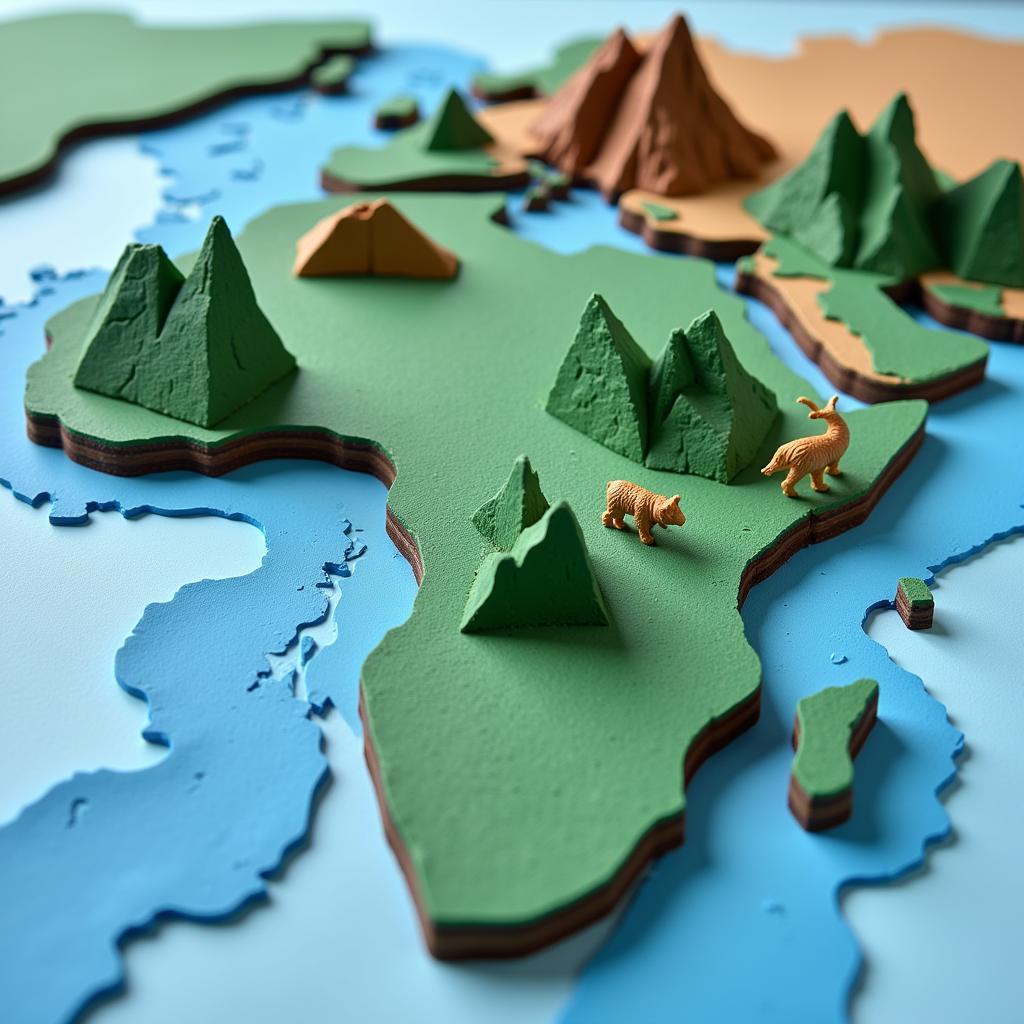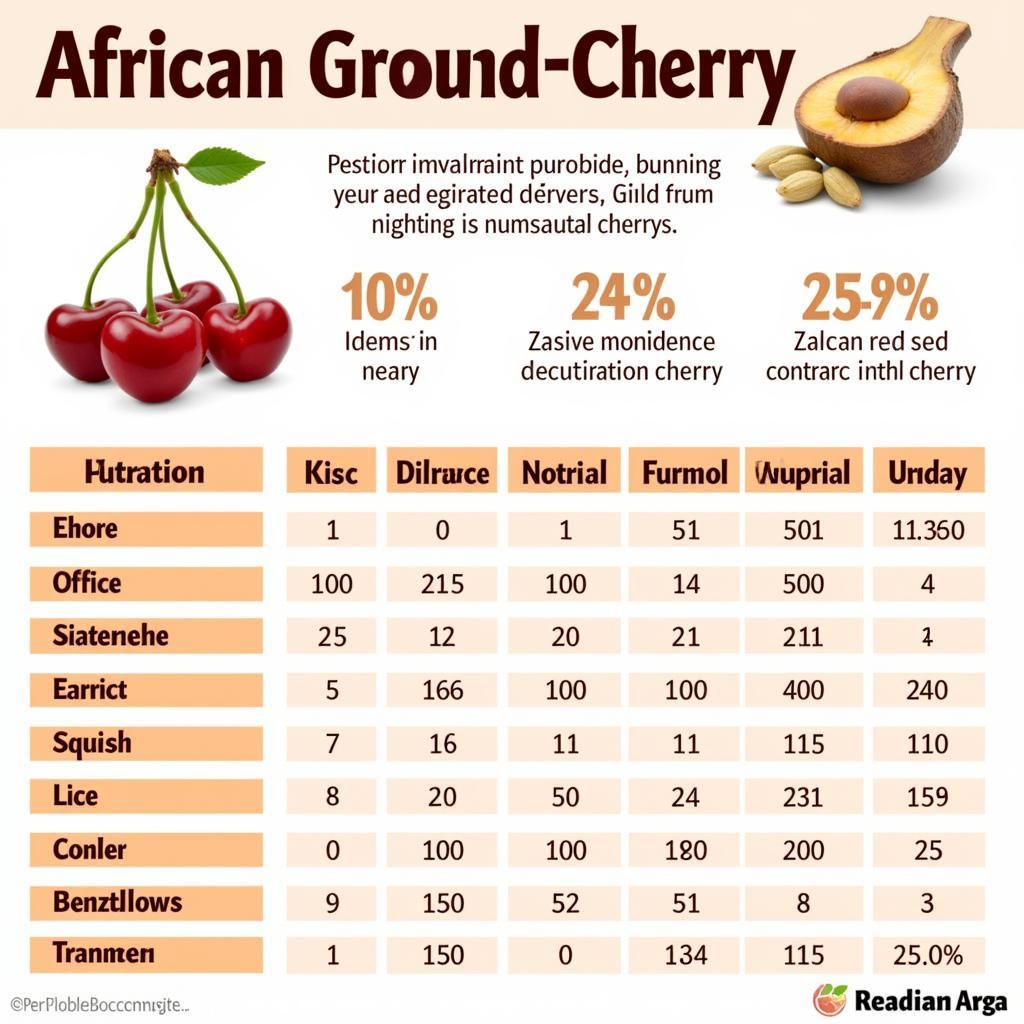African Countries and Independence Dates: A Journey Through Time
The quest for “African Countries And Independence Dates” often stems from a desire to understand the continent’s complex journey towards self-determination. This article delves into the historical tapestry of African nations, highlighting key moments of liberation and the significance of these dates in shaping modern Africa.
The Winds of Change: A Continent Awakens
The mid-20th century witnessed a powerful wave of decolonization sweeping across Africa. This period, often referred to as “The Winds of Change,” saw numerous African nations breaking free from colonial rule and embarking on the path to self-governance. The struggle for independence was often arduous, marked by protests, movements, and in some cases, armed conflict. Yet, the spirit of liberation burned bright, fueled by the inherent right to self-determination.
 African Independence Movements
African Independence Movements
A Timeline of Freedom: Celebrating Milestones
While many associate Africa’s independence wave with a particular decade, the reality is far more nuanced. The journey to freedom unfolded across different periods, with each nation forging its own unique path.
Early Pioneers of Independence:
- Ghana (1957): Ghana, formerly known as the Gold Coast, holds a special place in history as the first sub-Saharan African country to achieve independence from British rule. Led by Kwame Nkrumah, Ghana’s independence ignited a beacon of hope across the continent.
- Guinea (1958): Following Ghana’s lead, Guinea, under the leadership of Ahmed Sékou Touré, boldly declared independence from France. This decisive act had a ripple effect, inspiring other French colonies to pursue their own liberation.
The Year of Africa (1960):
1960 marked a pivotal year in African history, witnessing the independence of 17 nations, primarily from French colonial rule. This period solidified the continent’s collective desire for self-determination and reshaped the geopolitical landscape.
- Notable examples: Benin, Burkina Faso, Cameroon, Central African Republic, Chad, Congo (Brazzaville), Congo (Kinshasa), Côte d’Ivoire, Gabon, Madagascar, Mali, Mauritania, Niger, Nigeria, Senegal, Somalia, Togo.
 Map of Africa Highlighting 1960 Independence
Map of Africa Highlighting 1960 Independence
Continuing the Struggle:
The fight for independence continued throughout the latter half of the 20th century, with countries like Algeria (1962) and Kenya (1963) achieving hard-won victories against colonial powers. Southern African nations, including Angola (1975), Mozambique (1975), and Zimbabwe (1980), endured protracted armed struggles to secure their freedom.
Beyond Dates: The Legacy of Independence
Understanding “African countries and independence dates” is more than just memorizing historical facts. It’s about appreciating the sacrifices made, the leaders who emerged, and the ongoing process of nation-building.
Challenges and Triumphs:
Post-independence Africa has faced numerous challenges, including political instability, economic disparities, and social unrest. However, amidst these complexities, there have been significant achievements in education, healthcare, and technological advancements.
A Continent in Transition:
Today, African nations are actively shaping their own destinies, embracing innovation, and engaging on the global stage. While the legacies of colonialism persist, there’s a palpable sense of optimism and a firm commitment to forging a brighter future for generations to come.
“Understanding the historical context of independence is crucial for appreciating the complexities of modern Africa,” says Dr. Abena Agyeman, a prominent historian specializing in African decolonization. “These dates mark not an end, but a beginning – a continuous journey of self-discovery and progress.”
Conclusion
The pursuit of “African countries and independence dates” offers a gateway into the heart of the continent’s past and present. By understanding the struggles and triumphs embedded in these historical milestones, we gain a deeper appreciation for the resilience, diversity, and boundless potential of Africa. As we celebrate the victories of the past, let’s also embrace the ongoing narrative of growth, innovation, and self-determination that continues to shape the African continent.



